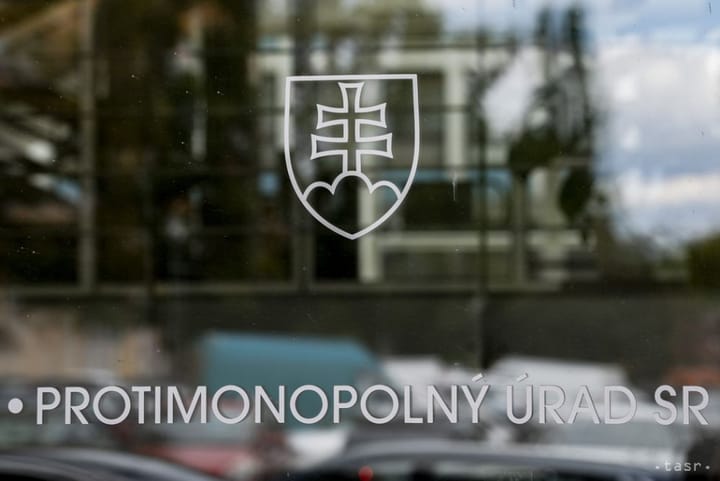Linhart: Whole World Could Envy Slovakia Its 'Food Traffic Light'

Bratislava, January 30 (TASR) – A project called ‘food traffic light’, making part of an amendment to the Food Act, was passed earlier this week in Parliament by the votes of all 123 MPs present, with its author MP Patrick Linhart (We Are Family) claiming that “not only the entire Europe, but also the whole world could envy us this unique project”.
“The food traffic light will unveil fraudulent moves of those who rewrap food, food cheaters and fraudulent commercials,” said Linhart, adding that consumers will be “fully informed” about what they’ll be purchasing.
“Honest producers of quality Slovak products, honest farmers and growers will be able to present their food via voluntary registration in the food registry for the food traffic light, which is in the hands of the Agriculture and Rural Development Ministry,” said Linhart.
According to him, each consumer will be able to configure in their mobile app whether they want to purchase food without allergens, without ‘E’ food additives, or exclusively food of Slovak origin.
Nevertheless, the Slovak Association of Meat Processors has given a cold welcome to the project, stating that there are many other food registers, and this particular one will hardly improve the situation of Slovak meat processors.
Meanwhile, the Slovak Chamber of Food Producers (PKS) has called the food traffic light a populist measure introduced in place of real support for food production in Slovakia.
The ‘food traffic light’ wasn’t asked for by food producers and it will hardly help them, said Slovak Agriculture and Food Chamber (SPPK) spokesperson Jana Holeciova.
While SPPK supports the EU-harmonised obligation to state nutrition facts on the most visible side of wrapping, it believes that this is not a proper time to introduce such national schemes.
According to Holeciova, SPPK pointed out while the project was being prepared that it was coming late and it would be ineffective. Instead, the traffic light would confuse consumers with unclear rules for the use of colours in labelling food and increase cost for producers, she said.



